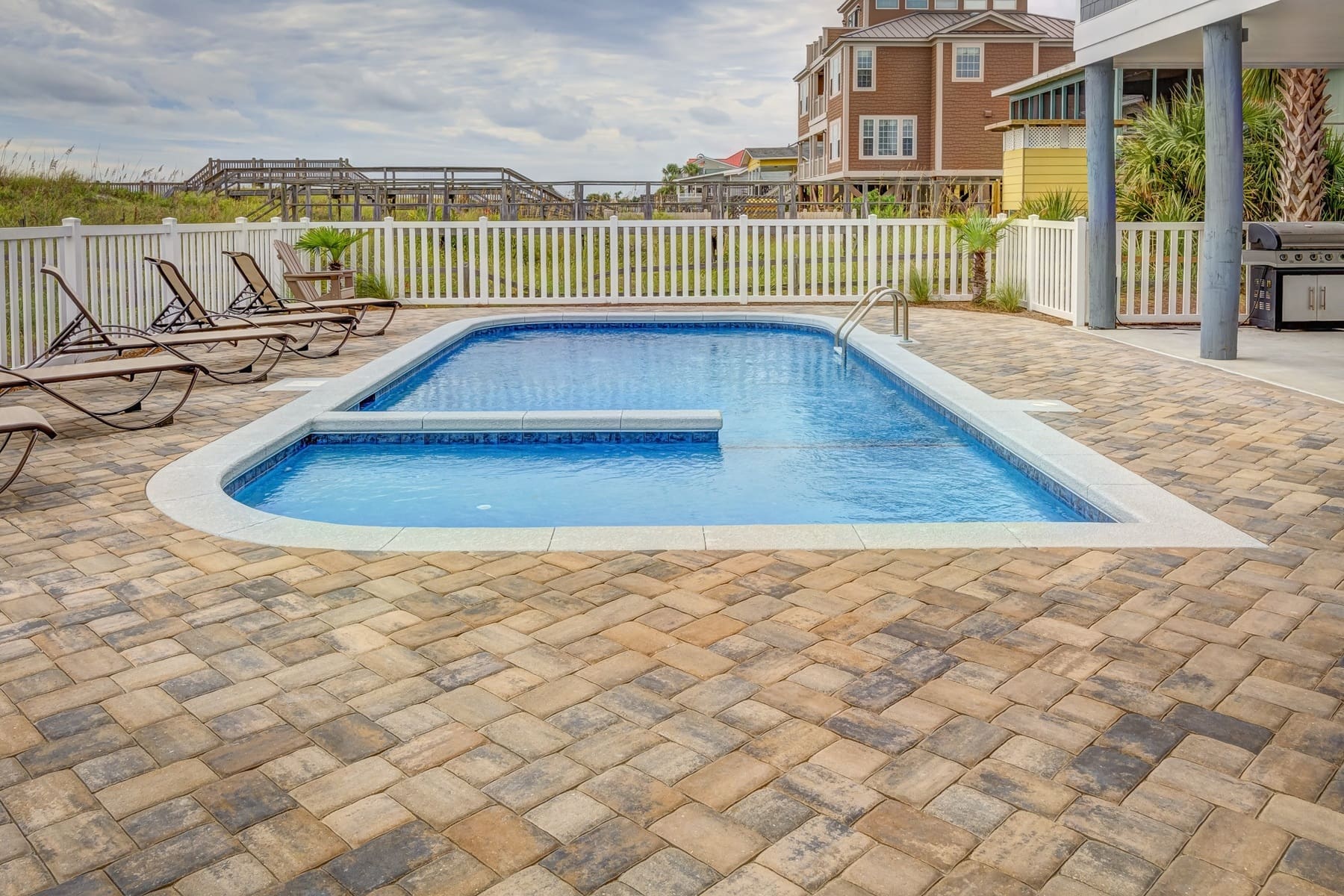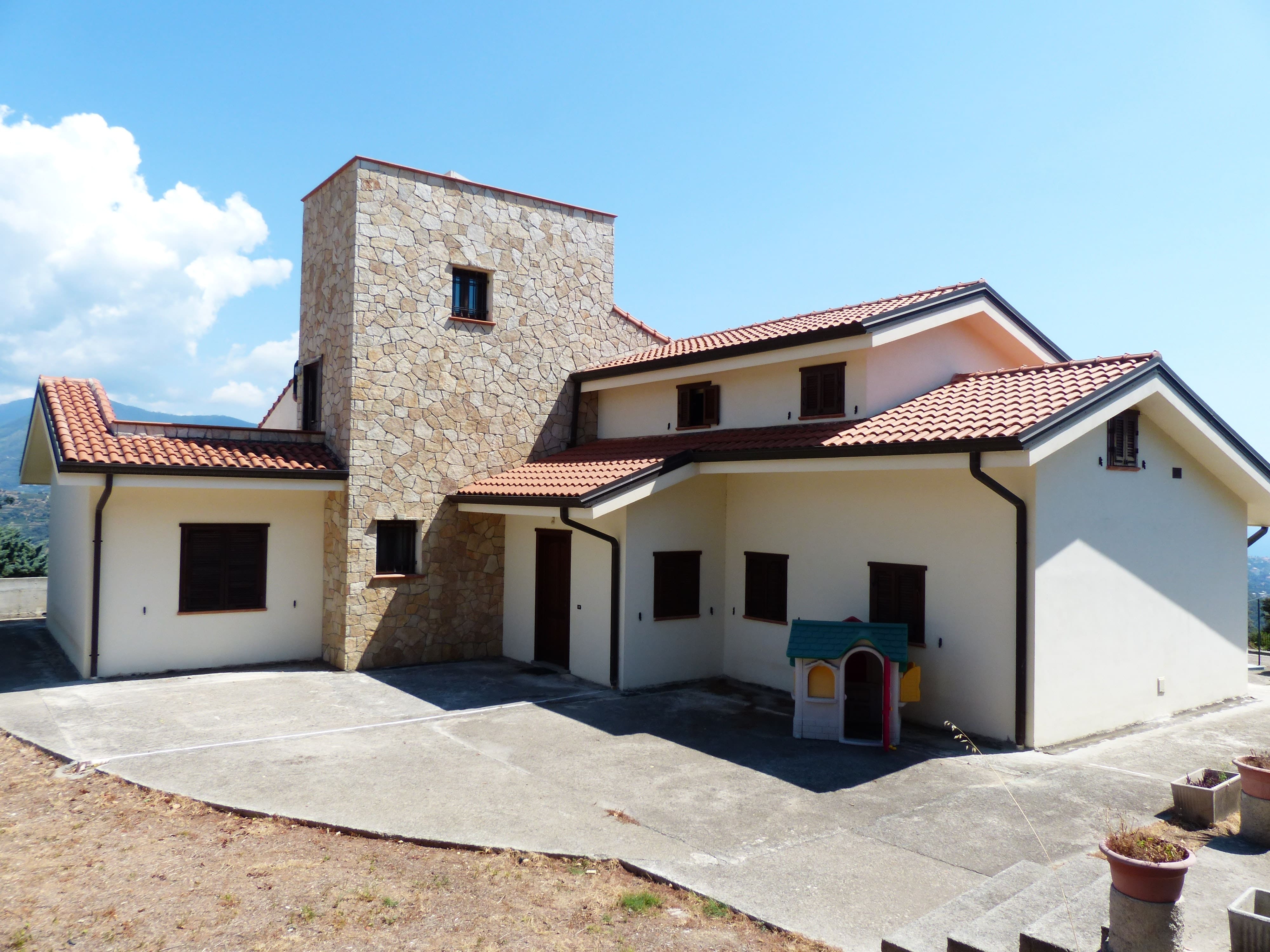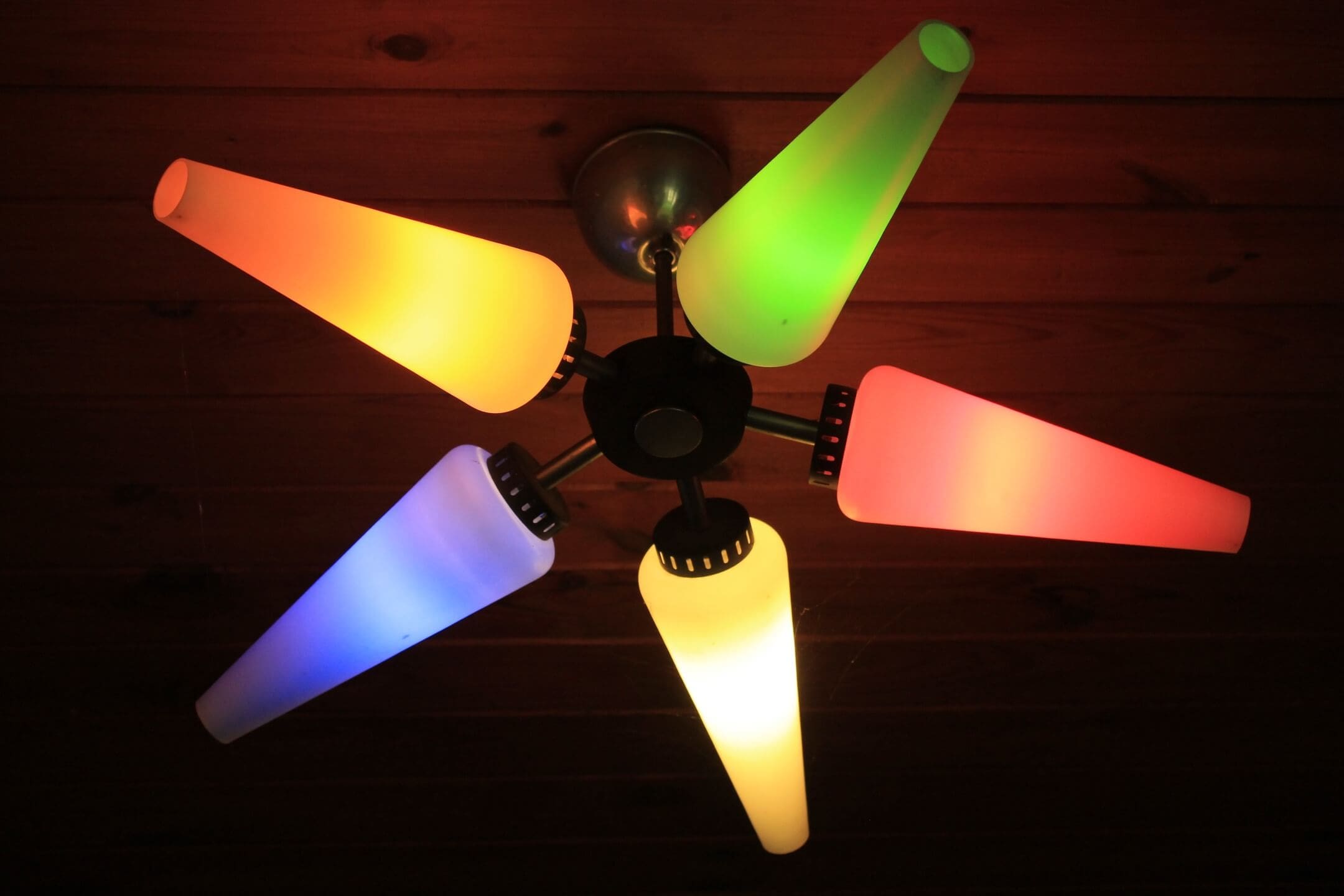A pool is a wonderful addition to a home, especially one that is built in the ground. Known as an in-ground pool, these are the most popular types of pools in the USA.
Photo by form PxHere
However, they are not cheap. We want to have a look at the cost of inground pools, what you need to consider before having one installed, and whether it is worth the investment. Let’s start by talking about the different types of ground pools and some average costs.
How Much Does An In-Ground Pool Cost?
For an idea of what is available in terms of inground pools, we recommend you check EverClear Pools & Spas, which is an established pool construction and installation company with a reputation for excellent service and results at sensible rates. Now, to answer the question about the cost, we have to talk about the three different pool materials.
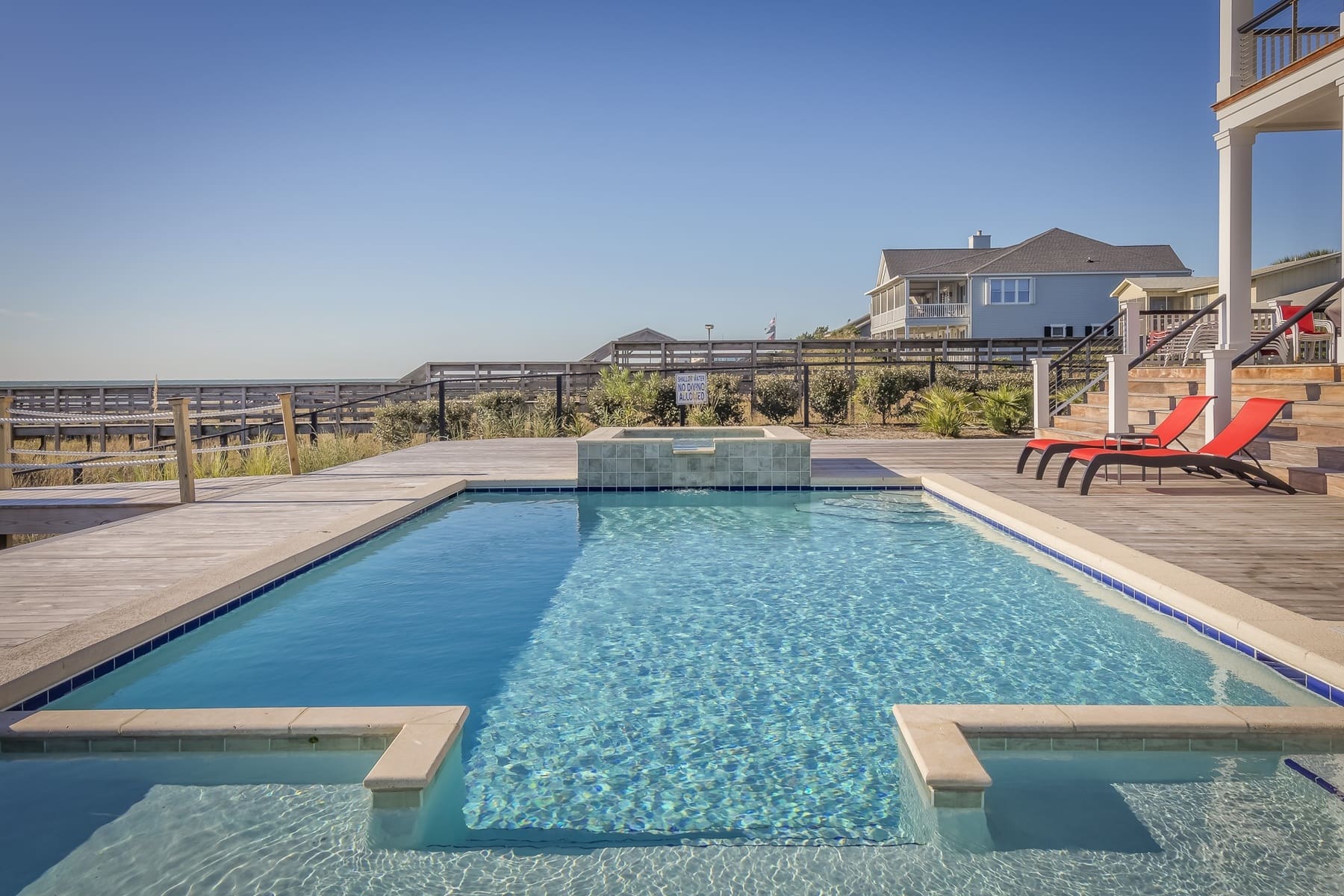
The cost of an inground pool will be influenced mainly by two factors: the material it is made from and the size of the pool. Materials are gunite – a concrete mix that is durable and popular with pools – plus fiberglass and vinyl. They are listed in order of price, high to low. What are the benefits of each material, and what is the average cost? Let’s start by looking at gunite pools.
Cost of a Gunite Inground Pool
Gunite is a concrete mix that is sprayed onto a metal framework to create a pool that can, in effect, be any shape you want. The technique is best performed by an experienced gunite pool construction professional, and the result is a surprisingly durable pool that will last a long time and withstand the elements. Gunite pools can also be finished in various ways for decoration and to match a patio or decking, for example.
For our pricing examples, we are going to assume an average size pool of 10ft x 20ft. The average cost of installing a gunite pool of this size in your yard will be around $26,000. Durability, versatility, and long life are the advantages of a concrete gunite pool. The disadvantage is that these pools take a long time to complete – they require more than one layer to be sprayed, and each has to dry before the next one is applied – so you will wait several months before you have a usable pool.
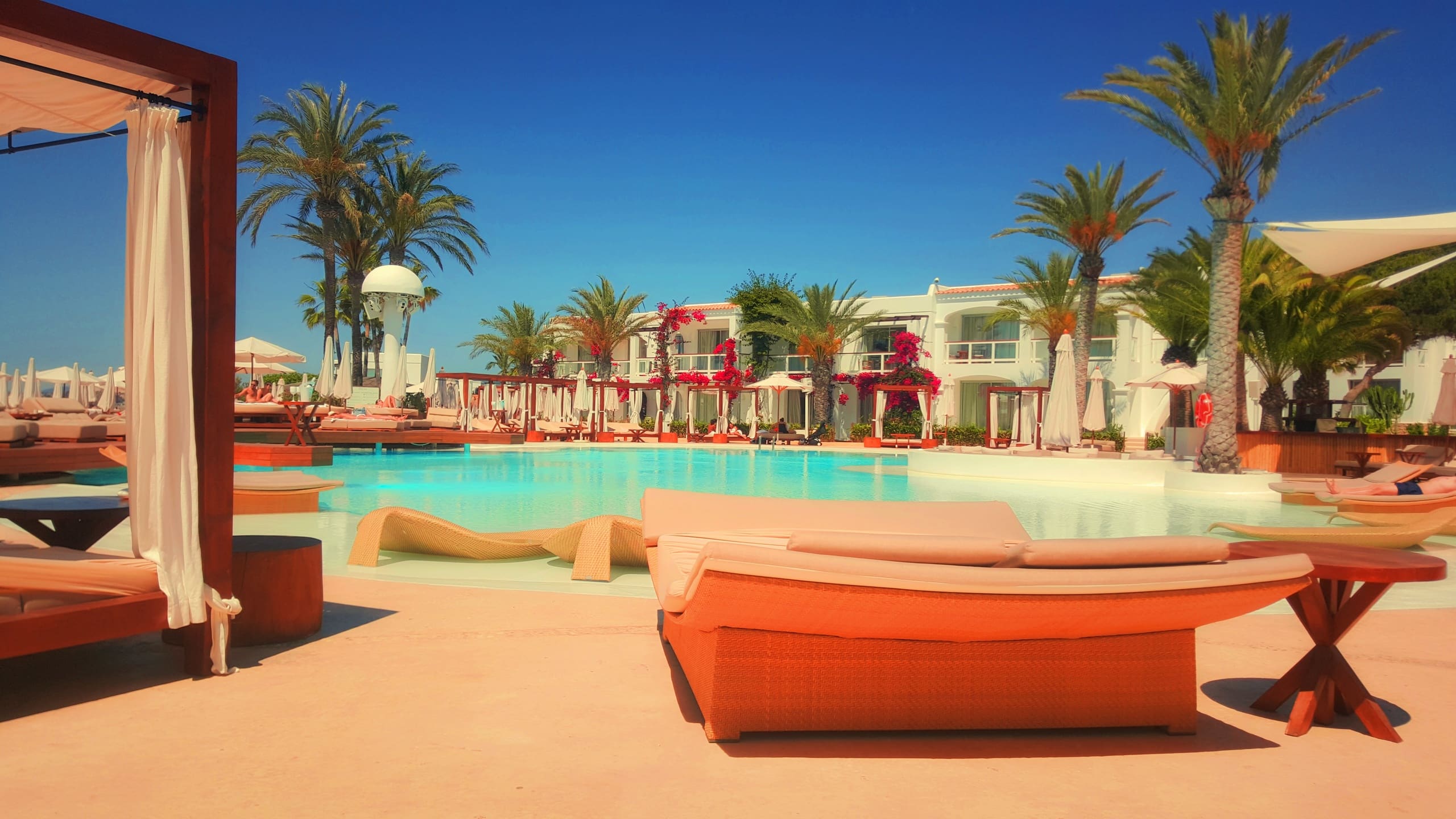
Cost of a Fiberglass Pool
Fiberglass pools represent a great choice as they come in many different shapes and sizes. Put simply, the pool company excavates the hole, and the solid pre-formed pool is dropped in. The advantage here is that the time of installation is limited only by the time it takes to create the hole. The actual installation is a simple bit. Depending on your ground, shape, and size, a fiberglass pool may be ready in a few days.
A further advantage is that these pools are algae resistant, and – unlike a concrete pool that will need refinishing after a number of years – the fiberglass pool never needs this to be done. A 10 x 20 fiberglass pool will cost on average $23,500.
Cost of a Vinyl Pool
A vinyl pool is effectively an excavated hole with reinforced walls and a pre-built underfloor for support. Into this goes a custom-made vinyl liner. This can be bought in several colors for effect, and while relining will be needed once in a while, a vinyl pool can be built quickly and ready to use in just a few days.
A 10×20 vinyl pool averages around $18,000, so it is by far the least expensive choice.
Is an In-Ground Pool the Right Choice for Me?
It is a known fact that pools add value to a home, and the larger the pool, the more attractive it will be. In line with the cost of installation, it follows that a gunite pool will add greater value than a vinyl or fiberglass example.
Whether a pool is a good choice for your home depends on your budget and how often you will use it. Families with children – both pre and teenage – will certainly get usage from a pool. It’s a great way to cool down on hot days, is excellent exercise, and each type we have mentioned can be heated for use on cooler evenings.
Your best move is to talk to a local pool installation company who will check out your yard and see if it is suitable for a pool. Most locations are, but it is best to stay on the safe side.
Also, the weather in your location will have an effect on what sort of pool you have installed. Talk to the installer about possible ways of putting a roof over the pool, as this will extend the usability of the feature.
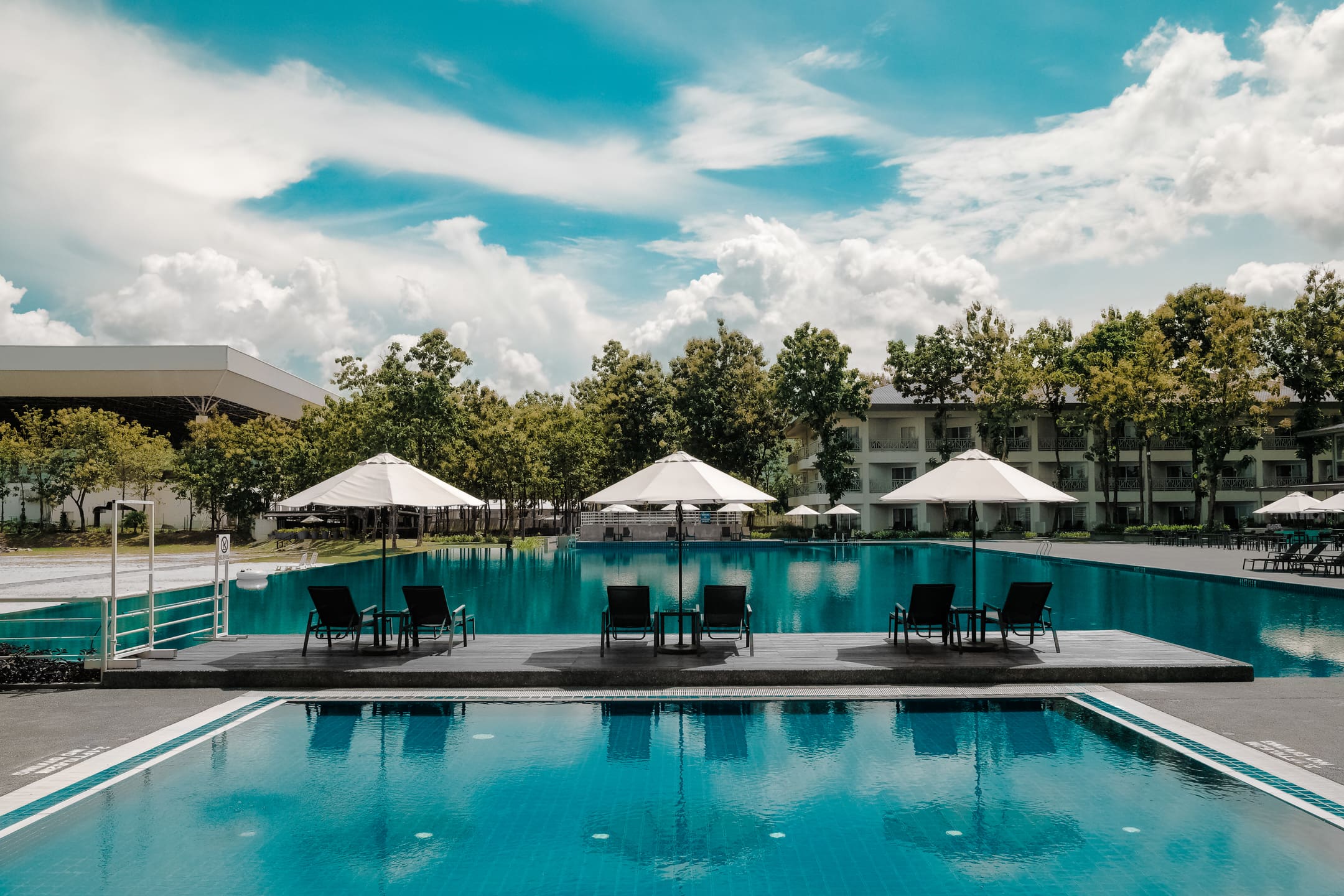
Does an In-Ground Pool Require Much Maintenance?
Every pool requires regular maintenance, and some are less so than others. You will need to make sure the filter system is kept free from blockages such as fallen leaves and other debris, and you will also need to clean the pool on a regular basis. Your pool installer may offer a maintenance contract, and if so, we strongly recommend you take it up as you may not always have the time to perform necessary maintenance when it is needed.
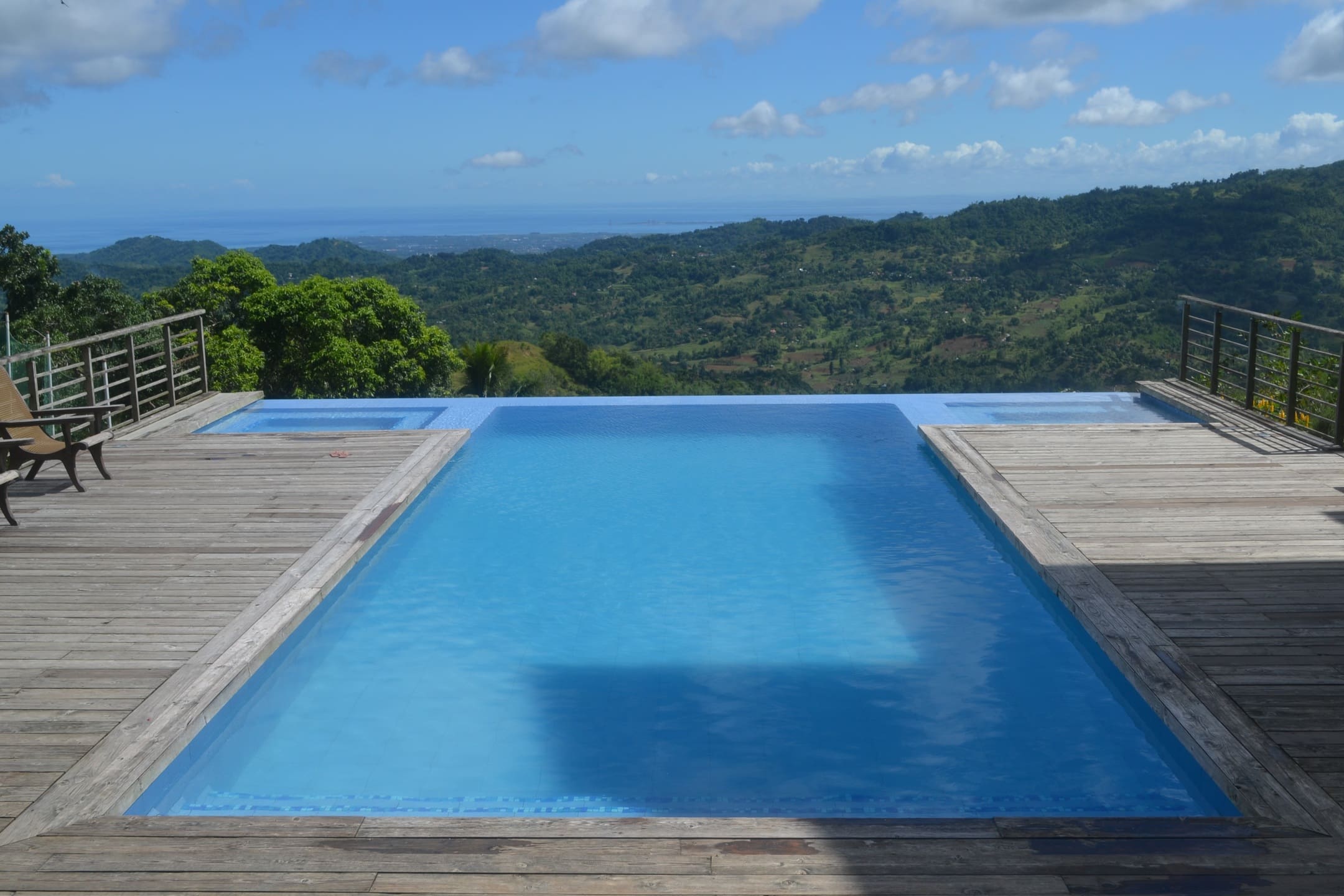
For the record, it is possible that a fiberglass pool will require less expense in terms of upkeep than the other options, mainly because it will never require relining. Also, concrete cools can crack in extreme weather, so consider this when you are choosing the type of pool for your yard.
Should I Get an In-Ground Pool?
If you have been dreaming of installing a pool and you have the funds to do so, you won’t regret it. The cost of maintenance is not great – the initial outlay is the most expensive part – and you will have a pool for use at any time and also added value if you come to sell your home.

